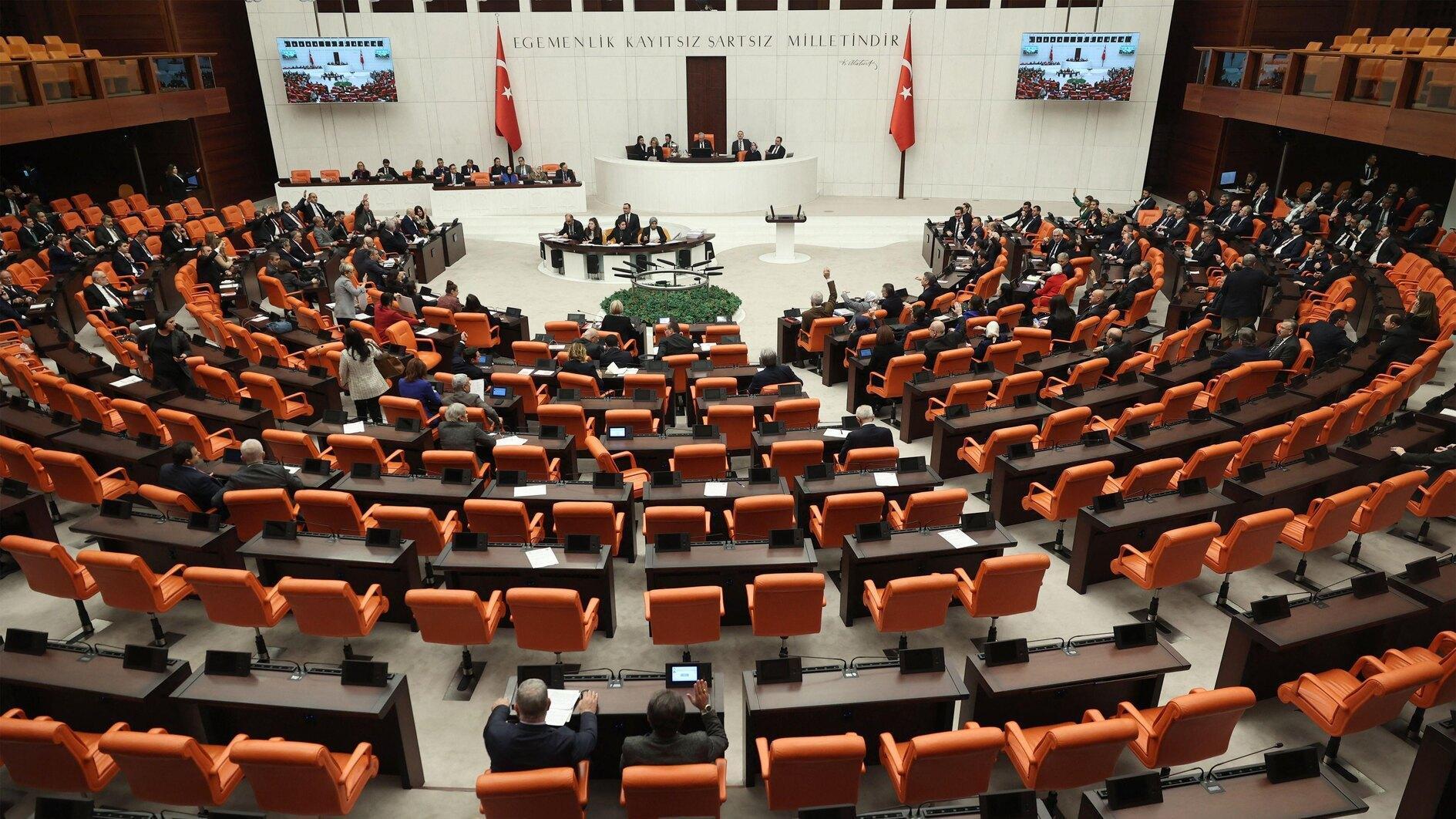105 tons of paper recycled through Zero Waste Project in parliament
ANKARA

Within the scope of the Zero Waste Project aiming at reducing Türkiye's waste burden, 105 tons of paper and cardboard were recycled in the parliament in 2023, officals have informed.
The project, which is carried out under the auspices of first lady Emine Erdoğan has been meticulously implemented by the parliament since 2018.
With the savings and recoveries made in 2023, the parliament prevented a total of 17 tons of greenhouse gas emissions and saved 4 billion tons of water and 530,000 kilowatt-hours of energy.
The parliament recycled 105 tons of paper and cardboard in 2023, preventing 1,768 trees from being cut down.
In addition, 33 barrels of oil were saved by recycling 2 tons of plastic within the scope of the project.
Organic, non-recyclable, paper, plastic, glass and metal wastes are collected in waste sorting bins. Final sorting of these wastes is carried out in a controlled manner. Organic wastes (vegetable and fruit scraps) generated during food preparation and tea pulp generated in tea stoves are collected to be used as organic fertilizer.
Vegetable waste oil generated after frying is delivered to companies licensed by the Environment, Urbanization and Climate Change Ministry, hazardous waste is delivered to companies licensed and contracted by the ministry, waste batteries are delivered to authorized institutions and waste mineral oil from vehicle maintenance and repair shops is collected in barrels and delivered to licensed companies.
“Greenery materials in kitchens and fruit and vegetable peels are converted into organic fertilizer by adding non-chemical substances,” the parliament staff said.
Zero waste training is also being provided to parliamentary staff. Within the scope of the program organized in cooperation with the ministry, staff working in the field of food and beverage and cleaning services are being trained first. The training aims to reduce waste in production, consumption and service processes, prioritize reuse and reduce the amount of waste through recycling.
















